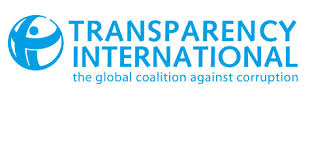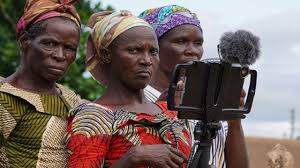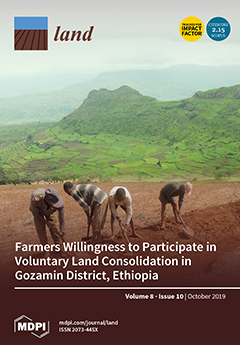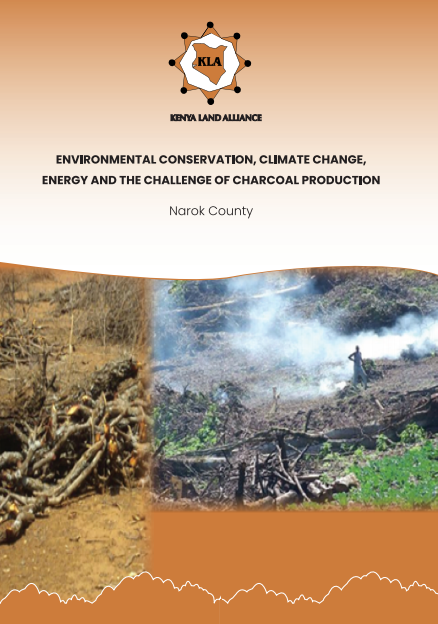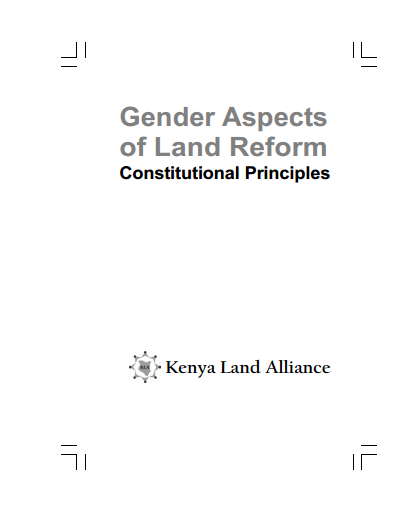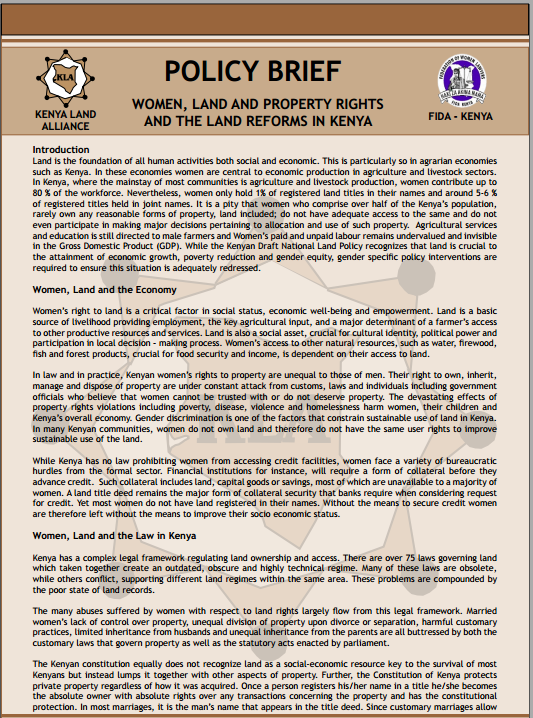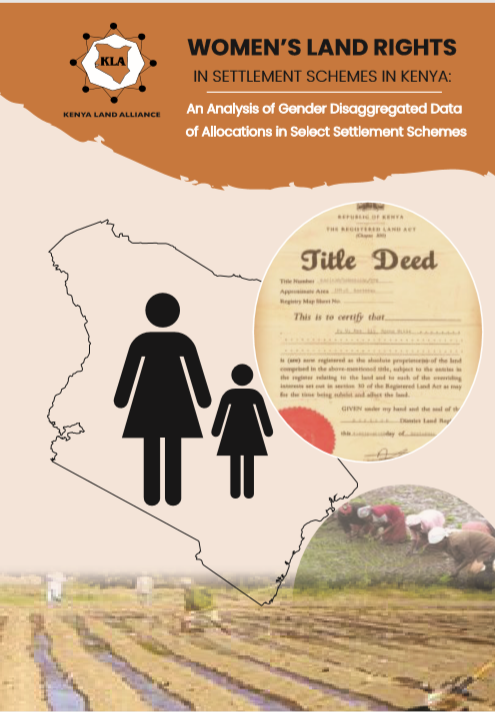Gender Imperatives of Land Reform in Kenya
The webinar on the Gender Imperatives of Land Reforms in Kenya took place on 23 April, 2019.
This webinar featured key experts involved in promoting and working towards the gender imperatives of land reforms in Kenya. It was co-hosted by the European Union, the Government of Kenya, the Food and Agriculture Organization of the United Nations and the Land Portal Foundation.
Moderator: Husna A. Mbarak, Food and Agriculture Organization of the United Nations (FAO)


